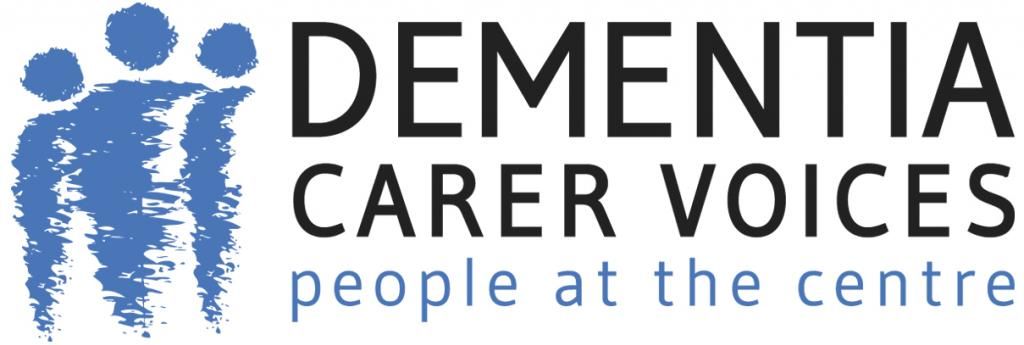Big thanks to my friend Jackie Kerr from the Memory Clinic at St Johns Hospital for writing a blog piece for my Tommy on tour and Dementia Carer Voices. site
You can follow Jackie on Twitter @jackie311009 .
Thank you Tommy for the opportunity to tell you about myself and the role I play in providing post diagnostic support within NHS Lothian. I have worked for the NHS for 24 years, the majority of my working experience has been with in wards. I have always worked with people who have a diagnosis of dementia at different stages of their illness. I started a new job in February 2014 with in the memory clinic providing post diagnostic support for all stages of the illness. This is a new and developing role which I really enjoy. The work we do is person centred and each case is tailored to each individuals needs. My aim is to mirror the 5 pillars and adapt this for every person diagnosed with dementia for all stages of their illness.UNDERSTANDING THE ILLNESS AND MANAGING SYMPTOMS:The people who are referred to our service we arrange to see them in their own home as we feel this is a more relaxed atmosphere. We work with the person and their family/carer. We will signpost to other services such as Occupational Therapy, Carers of West Lothian and Alzheimer Scotland to name a few. We also have direct access to Senior Nursing Staff within the Memory Assessment service should we require any advice or support in respect of the persons management plan. We discuss and explore the book ‘Living well with dementia’ this is provided in an information pack that the Consultant Psychiatrist issues to the Person at the point of diagnosis. There is also a DVD with the book that people and their families can watch at their leisure. We support the person to maintain their mental well being and refer to cognitive behavioural therapy if required. We support the client to maintain a good level of general health and develop a living positively with dementia approach. We support the person to remain as independent as possible with minimal risk.SUPPORTING COMMUNITY CONNECTIONS:We look at the persons hobbies and interest and we discuss with the person ways they can carry on living a full life. We look at various activities within the community. West Lothian Council funded activities which include Xcite activities. These activities can vary from keep fit classes for 50 plus to tea dances. We also look at other activities such bowling and football. We may refer to services like the Red Cross or golden years to help with accessing venues or a befriending/companionship service.PEER SUPPORT:We recommend the benefits of Dementia cafes run by Alzheimer’s Scotland and we support the person in accessing these services. We discuss the peer support group at St Johns hospital and can refer directly to this service. We also look at the benefits of carers of west Lothian who provide various services including support groups for carers. There is also an online community support group run by Alzheimer’s society. We also refer people to cognitive stimulation therapy which is run by the nursing staff from the Older People’s Day Services in St John’s Hospital.PLANNING FOR FUTURE DECISION-MAKING:We give information and encourage the process of Power of Attorney. We explain the importance of power of attorney and how this can benefit in the future. We promote discussion around who they would like to appoint as power of attorney. We explain that power of attorney is not just for financial decisions and discuss their wishes and choices for future care needs. We ensure that the person with Dementia and their families/carers are aware of the help that Carers of West Lothian can provide with this however respectful that people may wish to visit their solicitor or have their families complete this for them.PLANNING FOR FUTURE CARE:Having met with the person and their family/carers over a period of time, this allows us to build a therapeutic relationship with them. We work in a person centred approach to support them to plan for their future. We discuss the client’s hopes and wishes; we also discuss the family/carers hopes and wishes for the future. We use the ‘Getting to Know You’ document to highlight the client’s future plans. This document covers important information and wishes made by the client and the document is given to the client to keep. This document includes:Who knows me best?What family and friends are important to me?My life so far (this is looking at life story information)What food and drink do I like?How do I sleep and what is my usual sleep pattern?How do I manage my medication?What are my Personal Preferences? eg: Do I like a bath or shower?This document also contains important information regarding what the persons mobility difficulties are, if any. Do they have any communication difficulties, and if so how best can we communicate with them? Things that are important to the person and what they would like care professionals to know about them. There is also additional information within the document which can be used for their wishes and plans for future long term care; this will also include any palliative care preferences.




No comments:
Post a Comment
Thank you for leaving a comment at the tommyontour blog. Your comment will be moderated and published very soon.